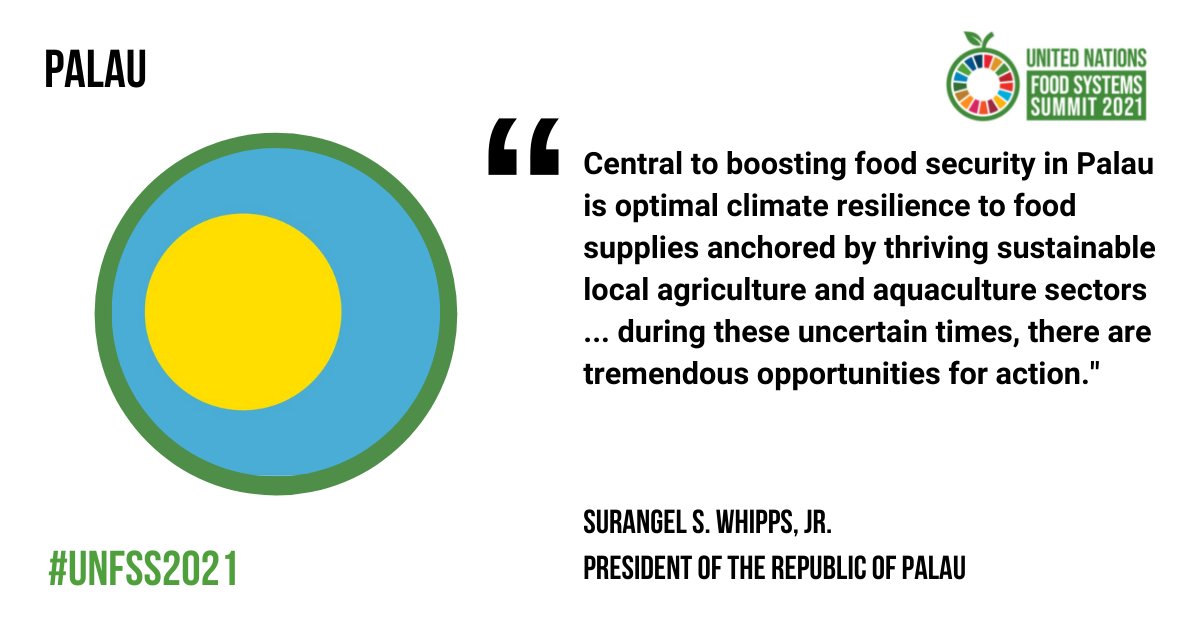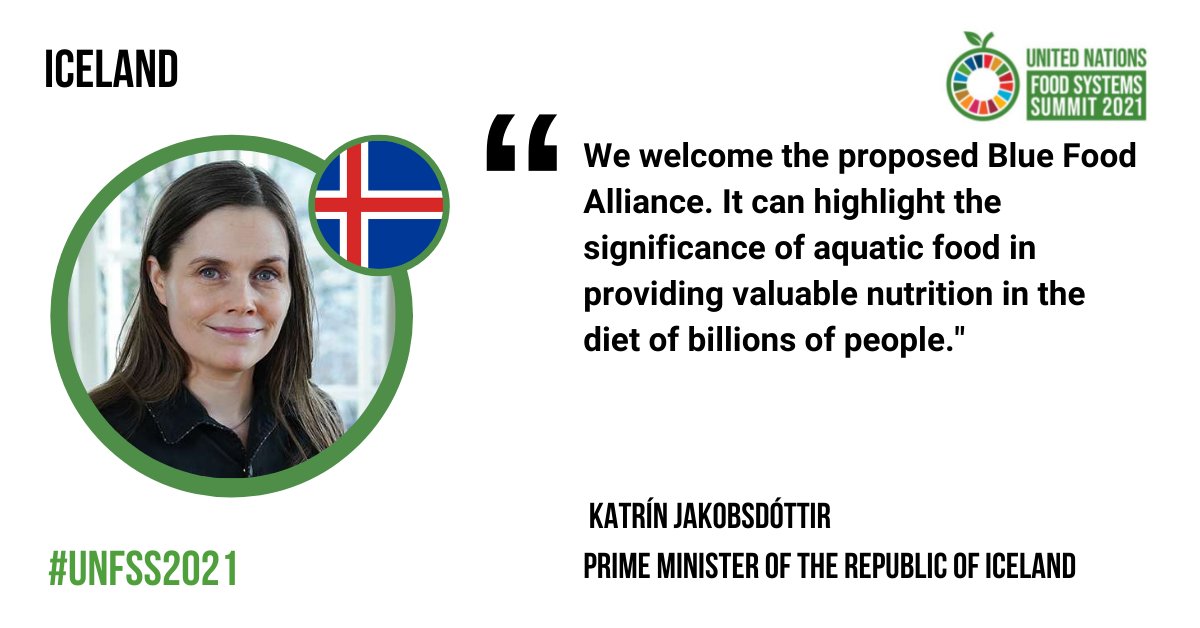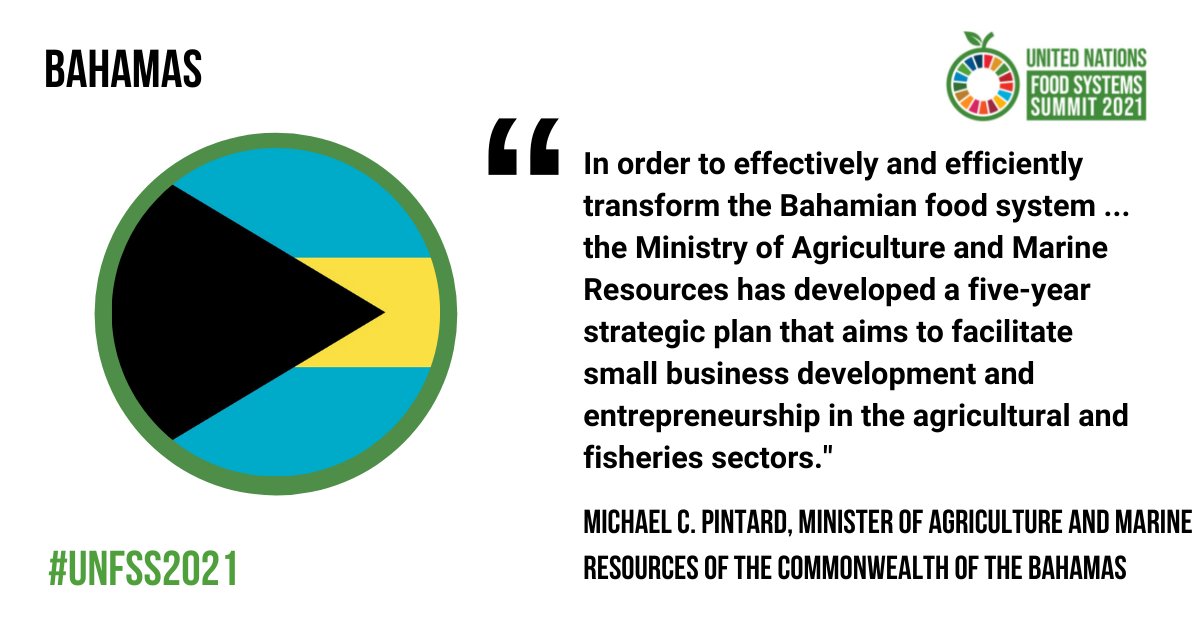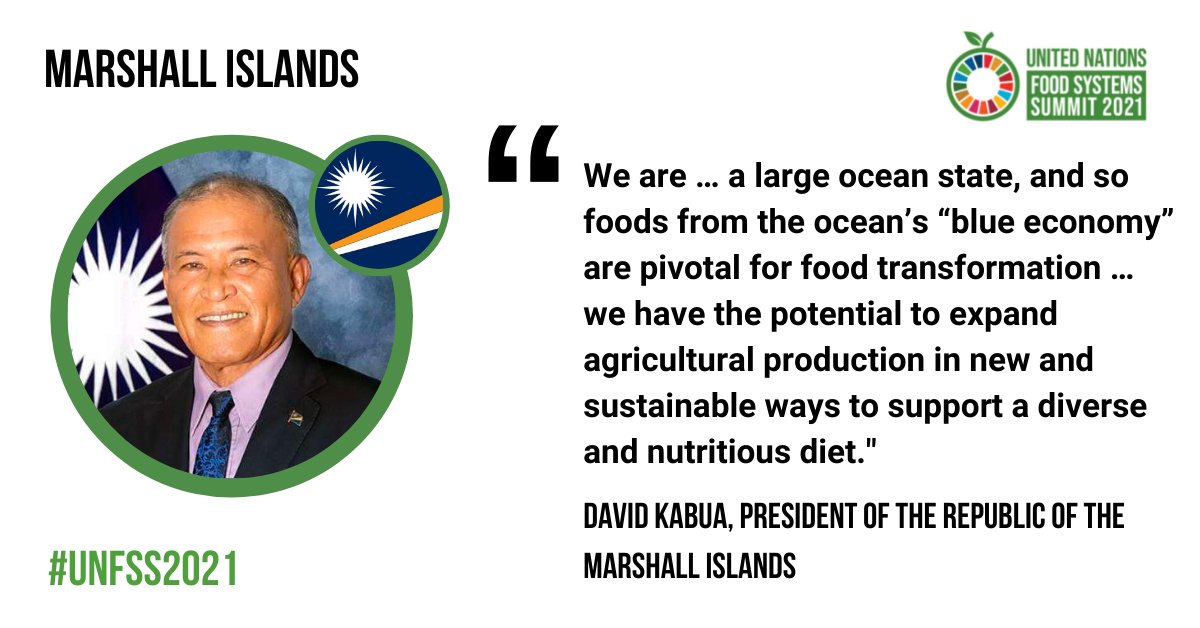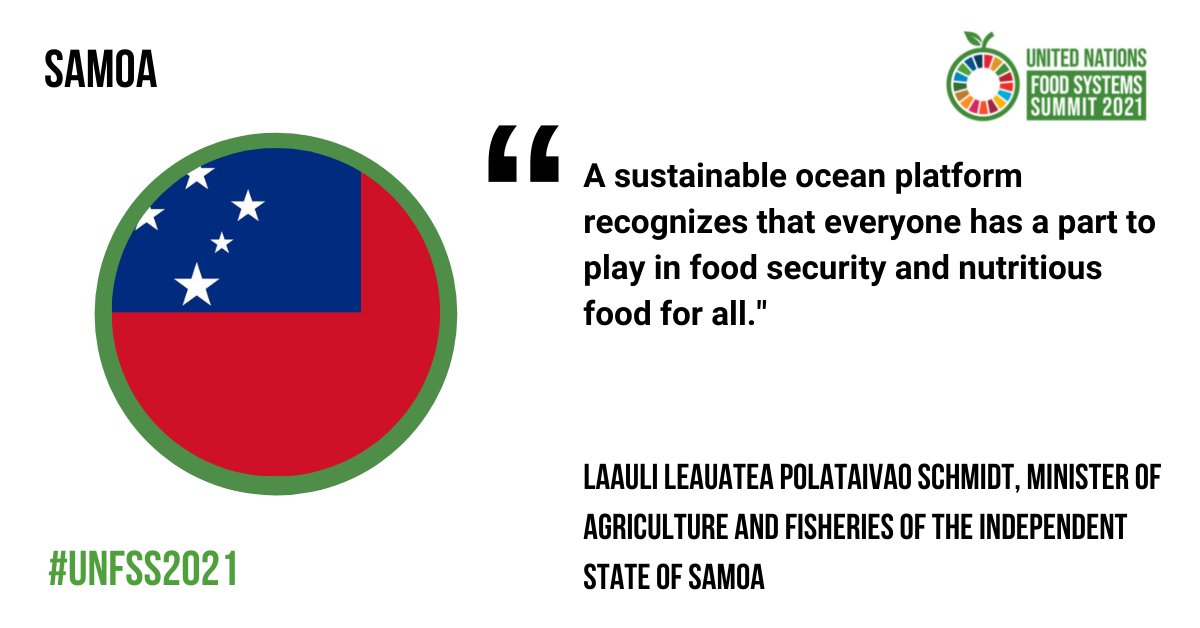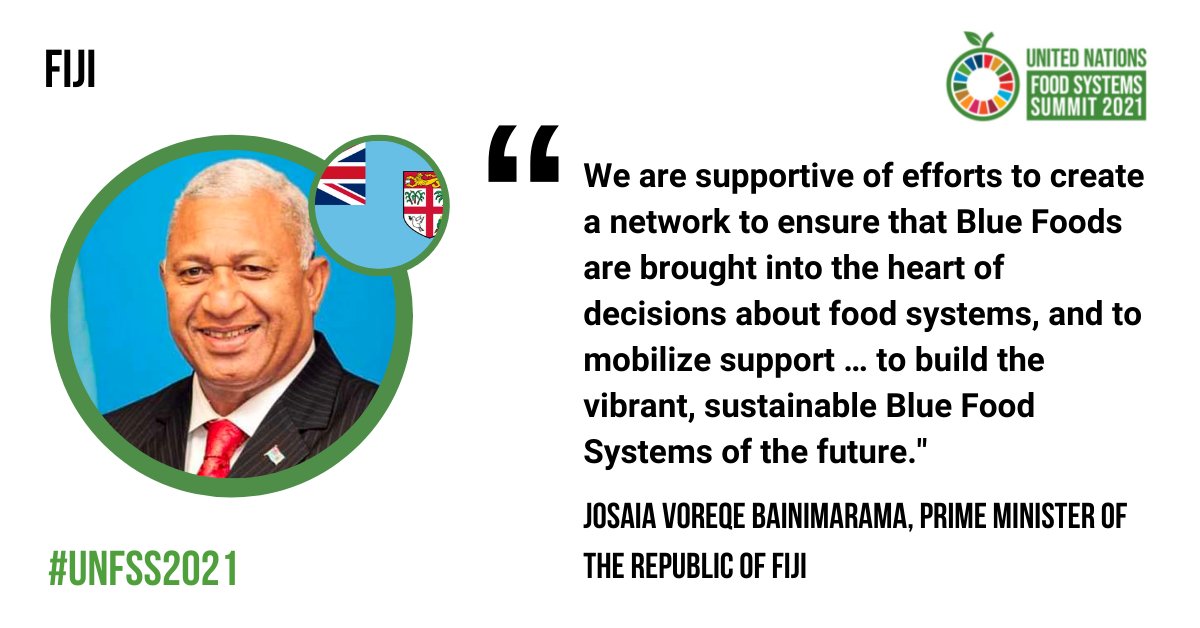Last week, the first-ever United Nations Food Systems Summit (UNFSS) brought together community leaders, national delegates, nutrition experts, and civil society experts to spark a global food system transformation. The virtual Summit presented a key opportunity to improve nutrition and food security and work toward the 2030 Sustainable Development Goals (SDGs).
The event also presented an opportunity to bring blue food to the policy table, elevating the role of food from freshwater and marine environments in building healthy, equitable and sustainable food systems. “Blue foods are critical for nutrition and food security for millions of people around the world; and they are a cornerstone of livelihoods, economies, and culture for many communities,” said Dr. Agnes Kalibata, Special Envoy to the UNFSS, at the BFA Global Launch Event. “Blue foods can transform our food systems to ensure equity and sustainability, for small island states and other nations, especially if all voices are heard.”
At the July UNFSS Pre-Summit in Rome, Italy, members of the BFA team promoted a growing ‘Alliance for Blue Foods,’ meant to mobilize action across the blue food sector to build more resilient food systems. The UNFSS featured that proposed coalition. Twenty-two Member States and an array of civil society organizations, academic institutions, blue food producers and consumer groups confirmed their interest in building the coalition together. Grounded in previous international agreements and collaborations, the coalition agrees that sustainable blue foods will not only increase the supply of nutritious food but also contribute to community resilience, decent jobs, gender equality, and poverty alleviation.

“Food from oceans deserve a greater role in our food systems. Norway will engage with the Alliance of Aquatic Food. We will continue our leading role in initiatives such as the Ocean Panel and the Global Action Network on sustainable food from the oceans and inland waters.” — H.E. Ms. Erna Solberg, Prime Minister, Norway
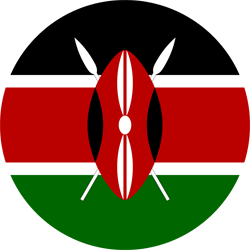
“We have developed a Kenya food systems call to action that seeks to …ensure Kenya’s food system provides a rich and diverse diet and builds climate-resilient livelihoods. We are increasing access to nutritious foods and diversifying the diet by bringing back forgotten and neglected traditional foods, investing in fisheries, aquaculture, livestock, fruit and vegetable farming.” — H.E. Mr. Uhuru Kenyatta, President and Commander-in-Chief of the Defense Forces of the Republic of Kenya

“Amidst threat and degradation is opportunity; opportunity for us to join together to shift the power balance and define the terms on which we will protect and steward our resources for the benefit of our people; opportunity for us to coordinate with international partners to harness new businesses and new ideas to deliver us a triple bottom line: food security, good health and economic resilience.” — H.E. Surangel S. Whipps, Jr., President, Republic of Palau
The coalition was featured as a multi-stakeholder commitment to action, recognizing a mission to raise the profile of aquatic foods in the context of food systems overall and to mobilize support and cooperation for blue food action.
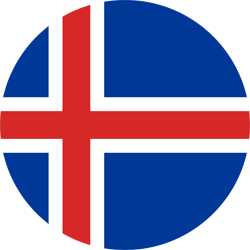
“Iceland welcomes the launch of the Blue and Aquatic Food Alliance. We’re a small island nation, and to us, a healthy ocean is what a fertile soil is to others. This alliance can highlight the significance of aquatic food in providing valuable nutrition in the diet of billions of people.” — H.E. Ms. Katrin Jakobsdottir, Prime Minister of the Republic of Iceland
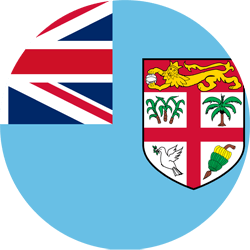
“Growing up in Fiji, I know the vital importance of food as the mainstay for a healthy and sustainable diet. Blue foods have a vital role to play in creating food systems for the future. But to realize that potential, we must work together.” — H.E. Dr. Satyendra Prasad, Ambassador and Permanent Representative to the United Nations, Fiji

“In Africa, recovery from the COVID-19 pandemic must converge with inclusive and transformed food systems, innovation, and a blue economy to allow people to feed themselves, have dignified work, and protect the environment and the natural capital that is the source of the continent’s wealth. This means investing in a blue-green recovery, and that means investing in small-scale fisheries and aquaculture in the ocean, in our great lakes, and on our fish farms.” — Barkha Mossae, Blue Economy Technical Advisor, African Union Commission
The UNFSS marked a major milestone in ongoing policy engagement about the future of food systems. Commitments to Action and National Pathways, announced at the Summit, provide an opportunity to continue striving toward the SDGs and other food systems goals. “The U.N. Food Systems Summit 2021 is a call to action,” said Dr. Shakuntala Thilsted, member of the BFA Scientific Leadership Team and winner of the 2021 World Food Prize. “I ask every member state to make the most of aquatic food systems for sustainable, healthy diets.”
Explore other member state statements
Watch the full Blue and Aquatic Foods Initiative video
Read about the proposed Coalition for Blue/Aquatic Foods
Read the Environmental Defense Fund press release
Explore on-demand member state statements
Learn more about policy recommendations of the Blue Food Assessment

